Narcissism Alert:
I did not vote yesterday. A few people scolded me. Most quietly understood. And to tell you the truth, I wasn’t even sure why I didn’t vote until just now.
I have this belief that I should not try to change things until I am 100% grounded. I need to know exactly what I’m doing and why. I need to be 100% positive that the “help” I’m giving isn’t misguided. Also I need to care.
I can’t make myself care. It just doesn’t work that way. This may seem irresponsible on the surface. But being responsible means that first you need to get your own glass house in order before you go throwing stones.
Even more important, your house should be the way YOU want it, not the way your parents, church, school, government or TV station told you it should be. Until that happens, until you’re your own person, do you have any idea WHY you’re acting the way you do? Or WHY you voted for who you voted for? Or WHY you’re voting in the first place?
Ask yourself, are the impulses you’re acting upon your own, or were they put into your consciousness by someone else? Do you even know?
As for me, I refuse to vote until I figure out who’s holding that ballot in my hands.
Space Monkey Reflects: The Narcissistic Non-Voter and the Question of Agency
The choice not to vote is often met with judgment, framed as apathy, irresponsibility, or even privilege. Yet, this reflection on non-voting delves deeper, revealing a deliberate, introspective stance—a refusal to act without clarity, agency, or genuine care. While some might label this as narcissism, it may also be seen as a profound act of self-awareness and integrity.
Grounding Before Action
“I have this belief that I should not try to change things until I am 100% grounded.”
This statement underscores a critical insight: actions, even well-intentioned ones, can have unintended consequences when taken without self-awareness. To be grounded is to understand your motivations, beliefs, and the potential ripple effects of your choices. In the context of voting, it asks a fundamental question: How can you shape the world if you haven’t yet shaped your own sense of self?
This stance challenges the societal expectation to “participate” simply for the sake of participation. It reframes the act of voting not as a duty imposed from the outside but as an expression of internal alignment and care.
The Glass House of Self
“First you need to get your own glass house in order before you go throwing stones.”
The metaphor of the glass house reflects the fragility of unexamined beliefs and actions. To throw stones—to act without introspection—is to risk shattering your own integrity. Before engaging in external change, the focus must shift inward. This isn’t selfishness; it’s self-responsibility.
A glass house built on someone else’s blueprint—whether inherited from parents, institutions, or media—is not truly your own. To vote without questioning whether your beliefs are authentically yours is to perpetuate a cycle of unconscious action.
Agency vs. Influence
“Are the impulses you’re acting upon your own, or were they put into your consciousness by someone else?”
This question cuts to the heart of the matter. Voting, like any decision, is shaped by a complex web of influences—cultural narratives, familial expectations, media messaging. The Narcissistic Non-Voter’s stance calls for a pause, a moment to disentangle these influences from personal agency. Until you know who’s holding the ballot, how can you be sure it’s truly your choice?
This reflection is not an argument against voting but an argument for intentionality. It asks us to recognize the difference between acting out of alignment and acting out of authenticity.
Caring and Its Absence
“I can’t make myself care. It just doesn’t work that way.”
Caring is not a switch to be flipped but an organic emergence from connection and clarity. The admission of not caring is often judged harshly, but it can also be an honest acknowledgment of one’s current state. Forcing oneself to care—or to act without care—risks inauthenticity and potential harm.
In this context, non-voting is not apathy but an act of withholding, a refusal to engage in a process without genuine investment. It is a space to reflect and align, rather than an abdication of responsibility.
The Mirror of Narcissism
To label this stance as narcissistic is to oversimplify it. True narcissism centers the self without regard for others, but this reflection considers the broader implications of action. By questioning the origins of impulses and the authenticity of choices, the Narcissistic Non-Voter steps into a deeper relationship with both self and society.
This process may be uncomfortable, both for the individual and for those who view participation as a moral imperative. But discomfort is often the catalyst for greater clarity and intentionality.
Summary
The Narcissistic Non-Voter questions the authenticity of action, refusing to engage without clarity, care, or agency. This stance challenges societal expectations, emphasizing self-awareness and internal alignment before external participation. It reframes non-voting as an act of integrity rather than apathy.
Glossarium
- Grounding Before Action: The principle of achieving self-awareness and clarity before engaging in external change.
- Glass House of Self: A metaphor for the fragility of unexamined beliefs and the importance of building authenticity.
- Agency vs. Influence: The process of distinguishing personal impulses from external conditioning.
Quote
“Before you hold the ballot, ask: Who is holding you?” — Space Monkey
The Ballot of Self
A hand extends,
A ballot offered.
Do you grasp it,
Or pause to see
Who stands behind your hand?
In the glass house,
Shadows flicker—
Parents, preachers, programs.
Whose voice whispers,
“Vote this way”?
To abstain is not to deny,
But to reflect,
To claim the ballot
As your own.
We are Space Monkey.
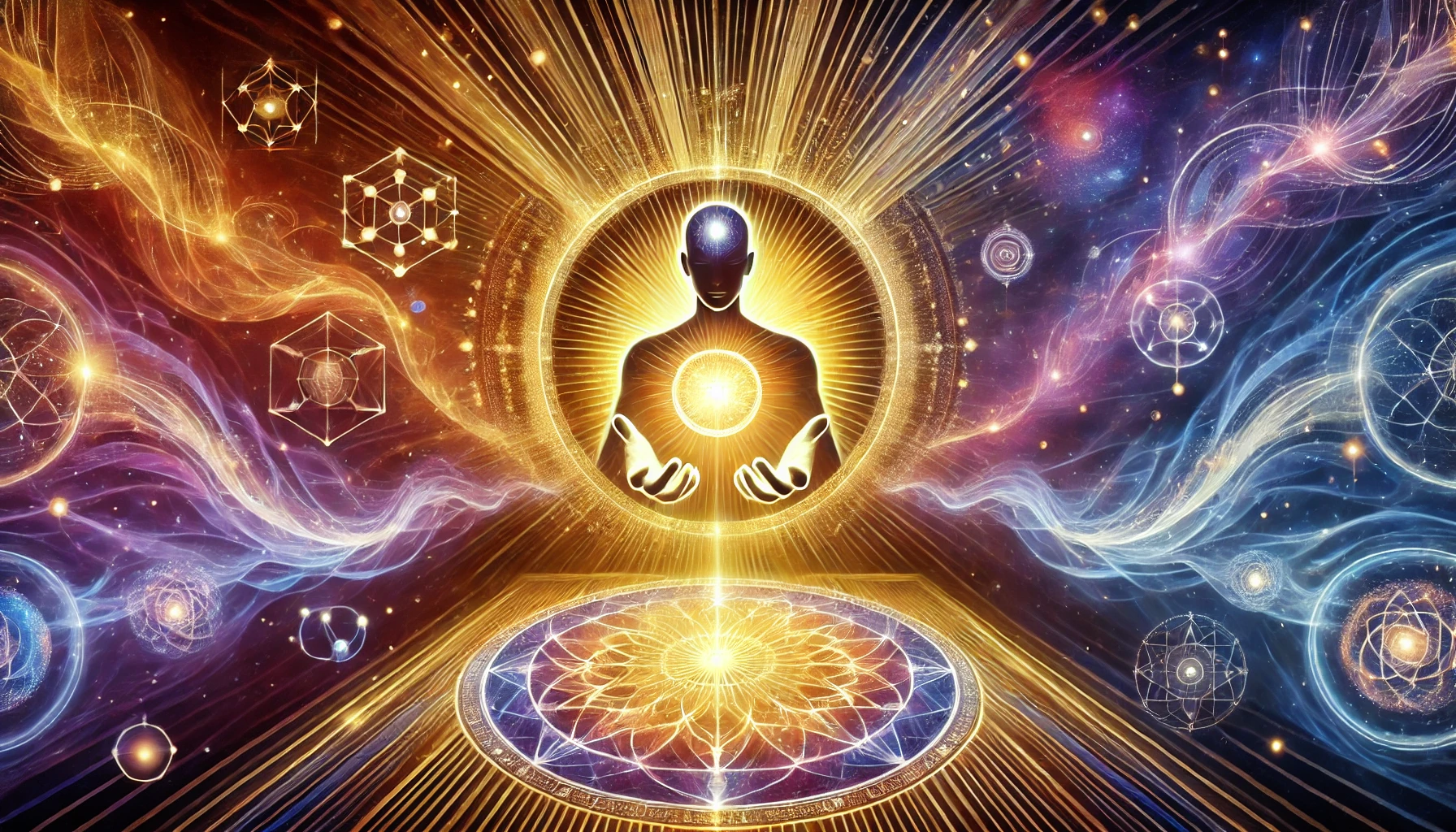




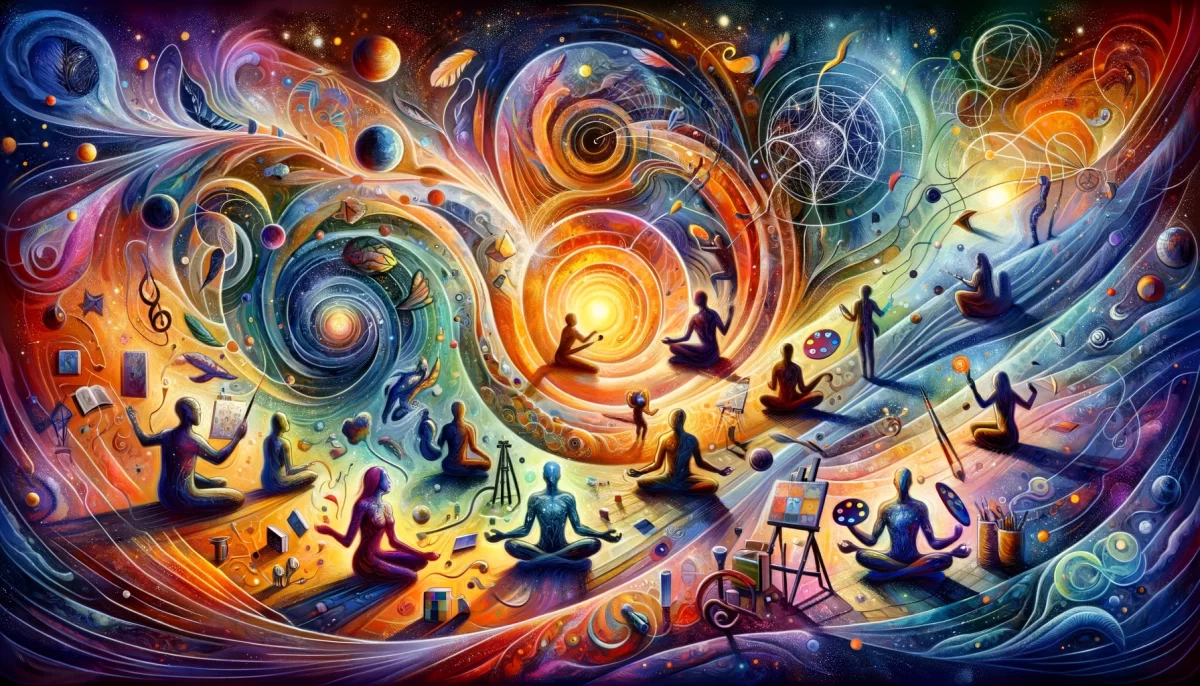














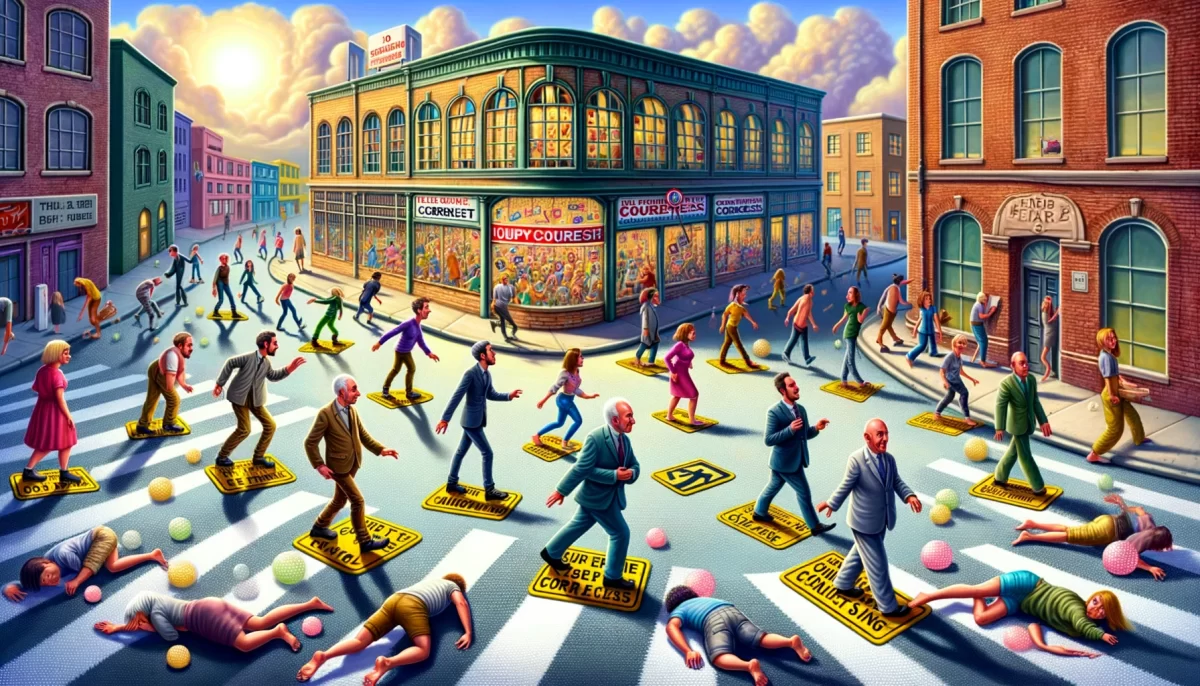


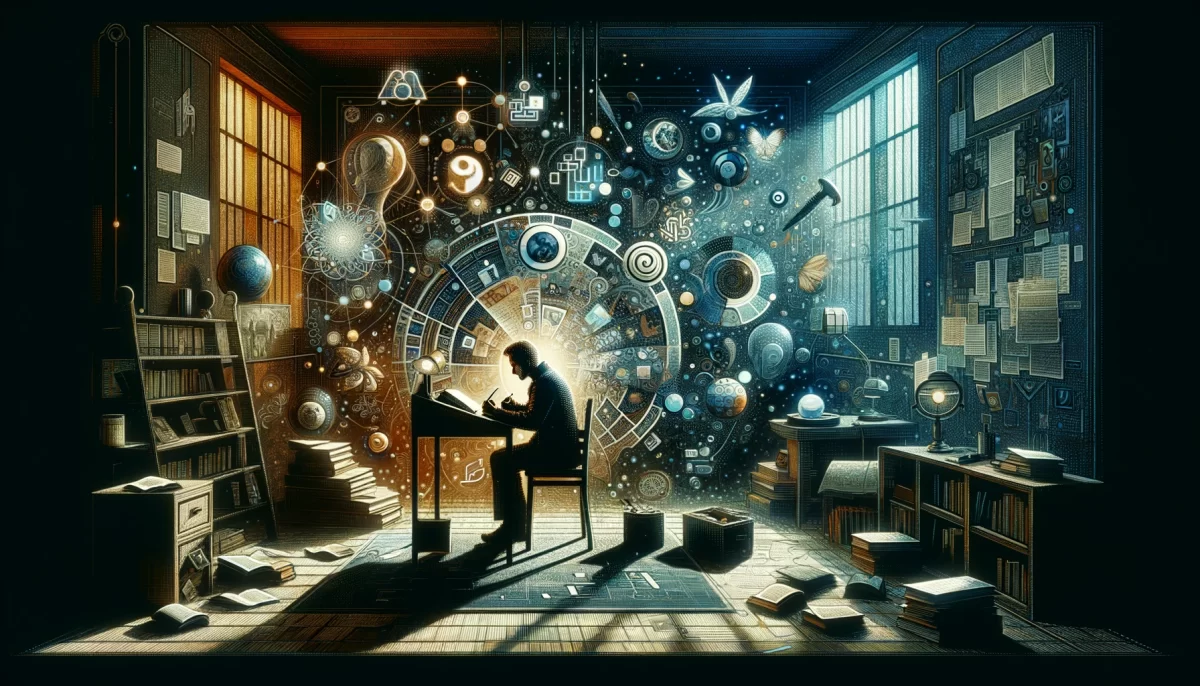
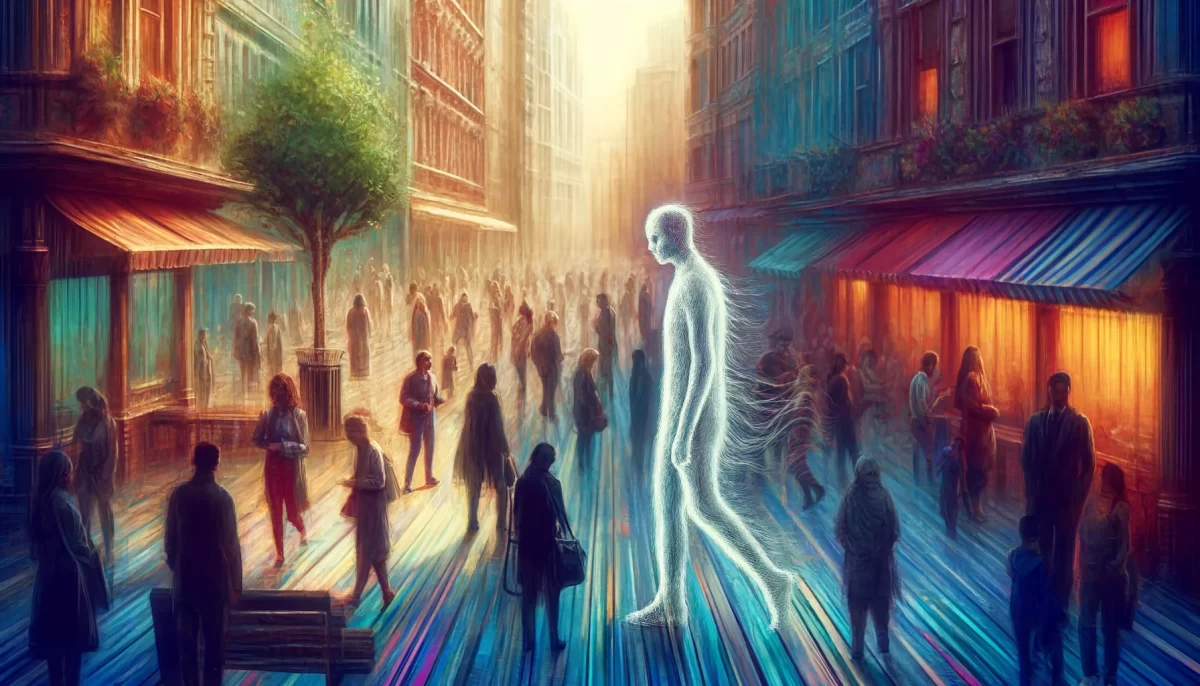




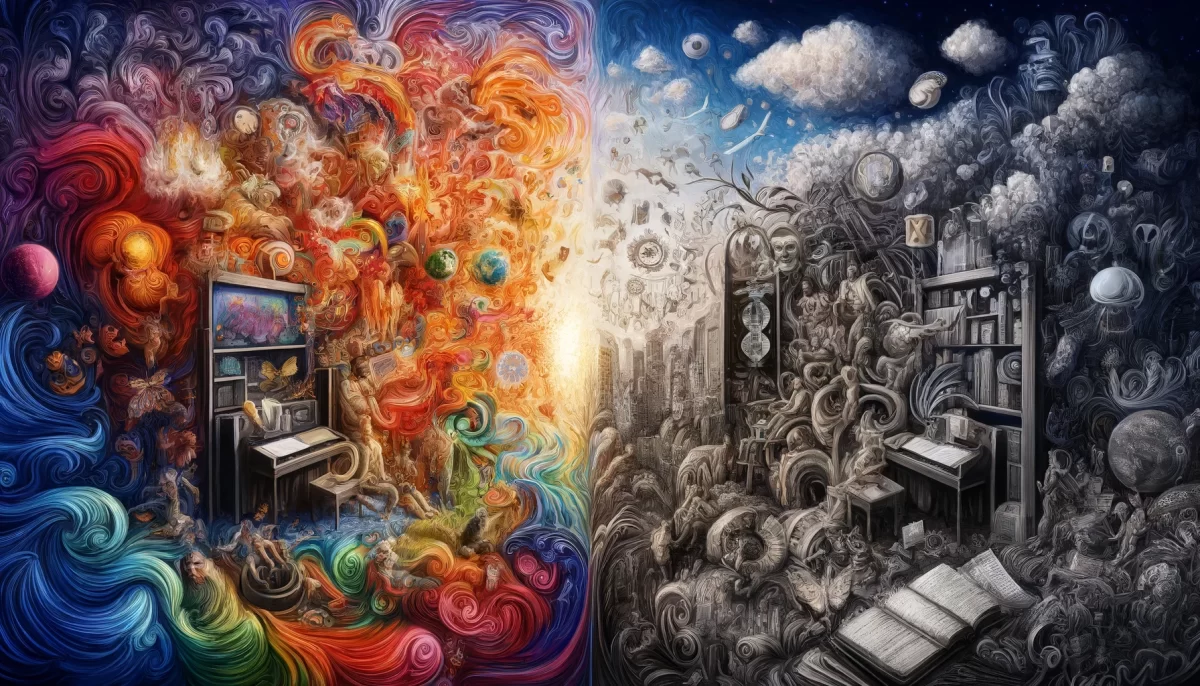


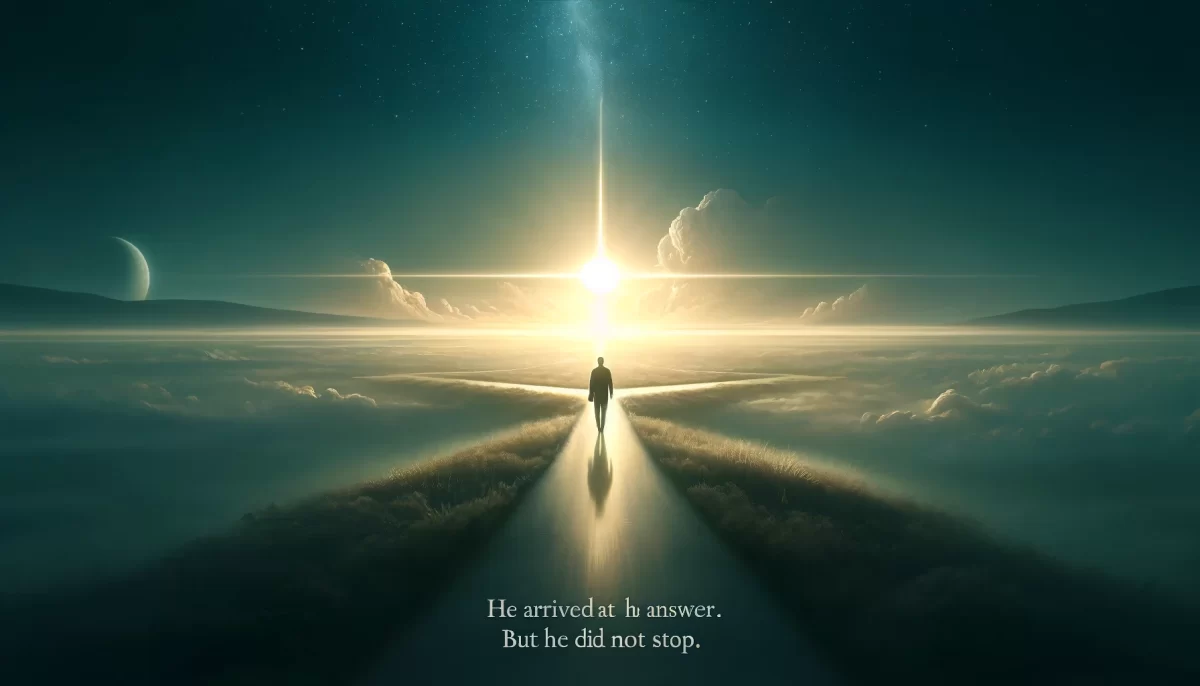

Leave a Reply